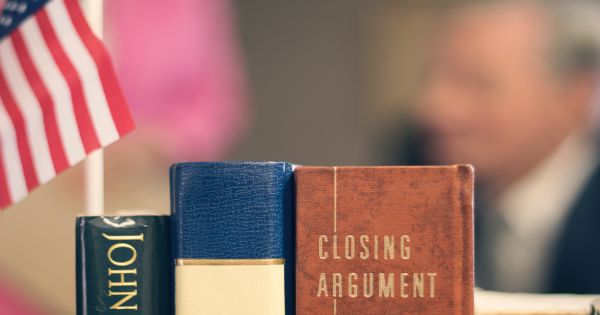
Carol Vorvain (@writersboon) is an Australian international lawyer, mediator, author and founder of Writers Boon. Her books, When Dreams are Calling, Why not? - The island where happiness starts with a question and A Fool in Istanbul - The adventures of a self-denying workaholic have been featured in a number of travel magazines including the International Traveller magazine and can be found in libraries, bookstores and on Amazon.
Is using memorable lyrics in your book a good idea?
It’s no secret. Music can get and keep that writing flow happening.
The lyrics of a well-known song injects emotion into scenes, stirs readers’ imagination.
But, is this legal? Can’t we use lyrics we all know by heart?
The safest answer is yes, using lyrics, without asking for permission, could be considered a breach of intellectual property right. That’s because same as text, lyrics are intellectual property. You could get sued, asked to pay a significant amount of damages or / and destroy every copy of your book.
So, my advice is, do not risk it.
What are the steps you need to follow if you want to use lyrics in your book?
If you really think lyrics would make your book significantly better, follows those steps:
- Find out who is holding the rights.
- Ask for permission in writing. This is important. Do not call them and if someone says yes, go ahead with it. In a court of law, not having written permission, is like not having permission at all.
- Be prepared to pay for it. It’s only fair, you are using someone else’s work to improve your own work.
How do you find out who is holding the rights?
Many times, the owner of the copyright is not the person who wrote the song. It is the music company who bought those rights from the songwriter. To get permission to use lyrics in your book, you need to contact the music company. What music company?
To find out, you might need to do a quick search on these databases:
If the song has multiple music companies, you need permission from all of them, not only from one.
If you can’t find the music company, forget it. Try finding another song.
What sort of permission do you need?
When you ask for permission in writing, remember that in legal terms you are asking for a non-exclusive license to use the specified lyrics in a certain book that will get published in a certain format (paperback, ebook, hardcover). The ownership of the rights stays with the owner.
The license’s terms must be extremely specific. Depending on them you will end up paying more or less.
Ask yourself questions such as:
- In what format you will publish your book? Will your book just be a print book, or will it be available as an e-book as well?
- In what countries, regions, the books will be published?
- How many copies?
- Are you going to use just a couple of lines or the whole song?
Do you always need permission?
Yes, you always need permission, except when:
- The lyrics are in the public domain.
Any song published in the United States before January 1, 1923 is in the public domain. For songs published or recorded after 1923, it’s safest to assume you need permission. Of course, if you are lucky, the copyright might have expired. However, to find out for sure you still need to do some research.
- The lyrics are considered fair use.
Fair use is copyrighted material for a limited purpose. But what is part of that limited purpose is debatable. If you rely on fair use only you might end up in court having to prove it is fair use. It can be a long and hard battle. So, why take the chance?
In those 2 cases you can use the lyrics without permission and without paying for license.
Disclaimer: Carol Vorvain is an Australian lawyer. This information is general in nature, has an informative purpose and does not constitute proper legal advice. For proper legal advice, please contact a lawyer in your jurisdiction.